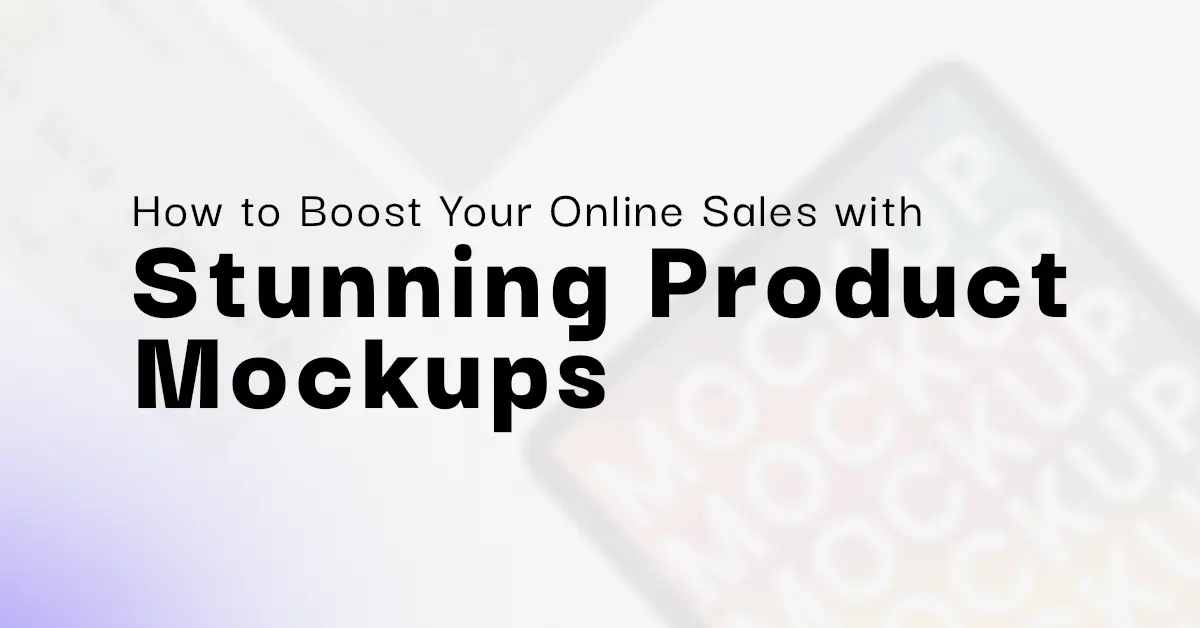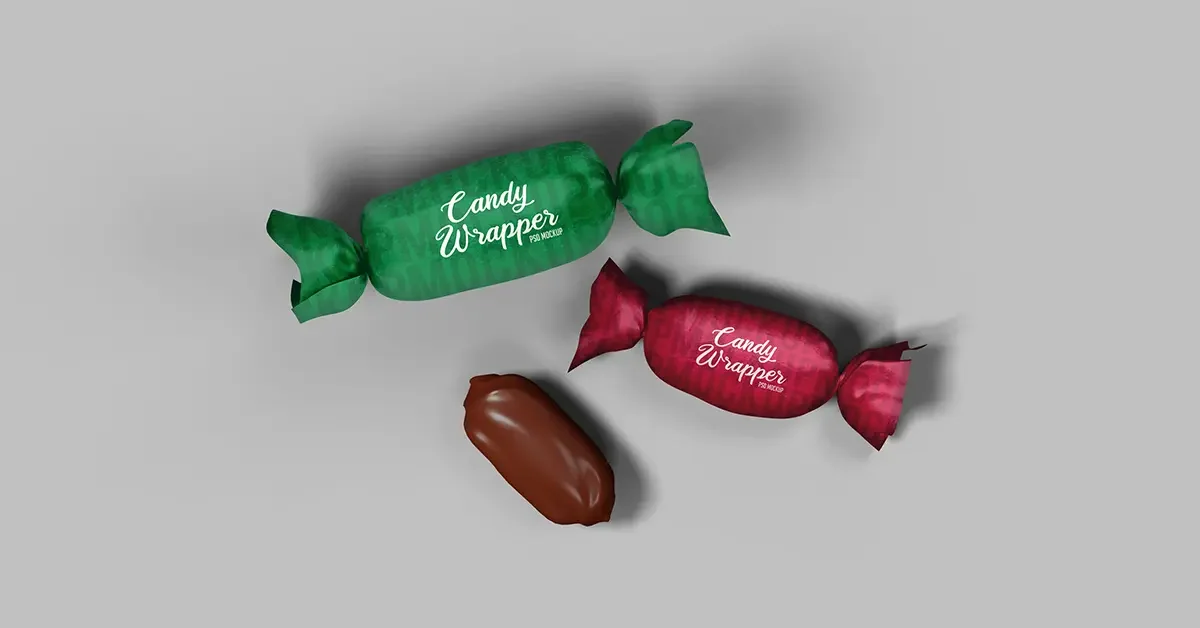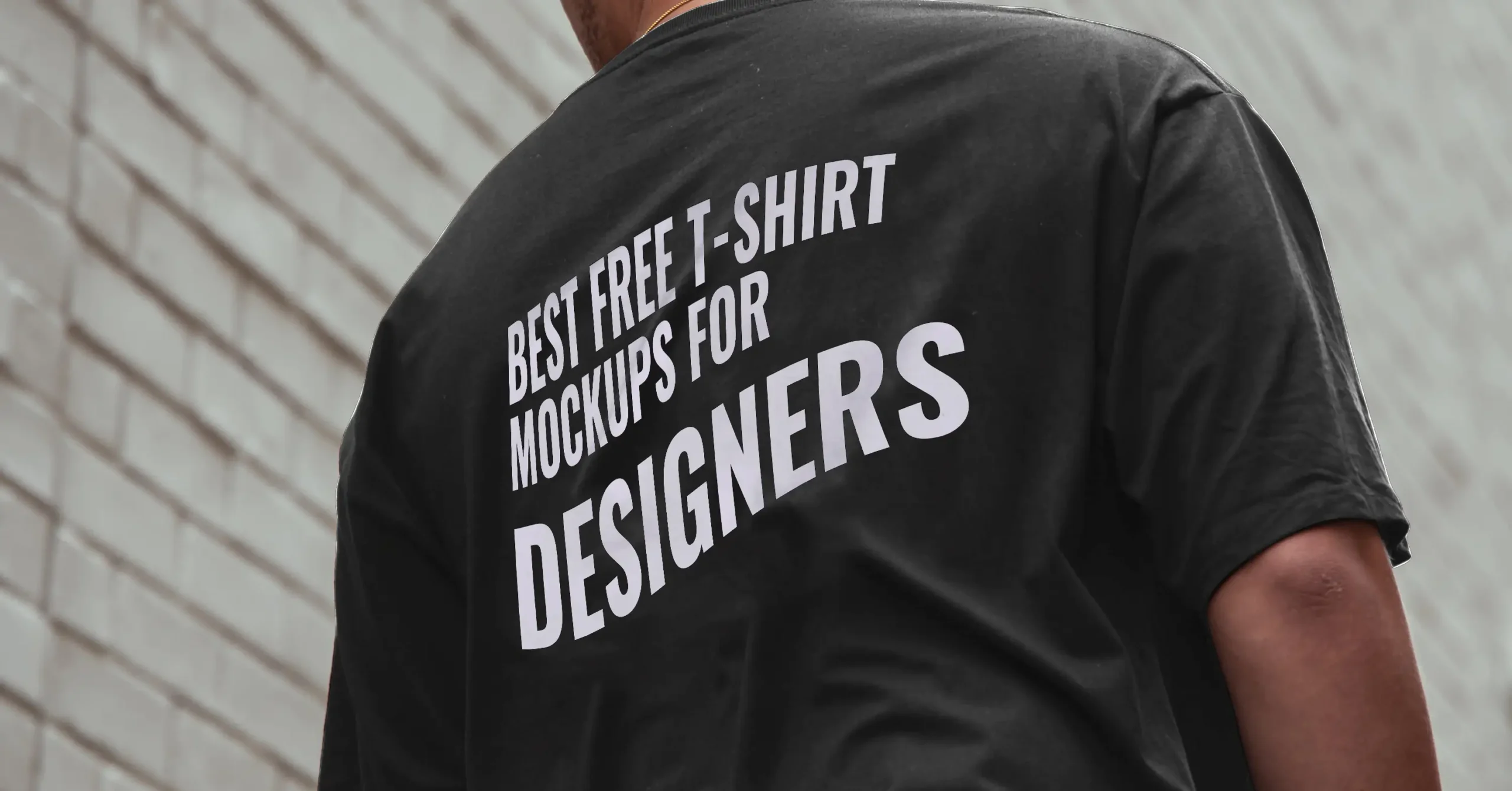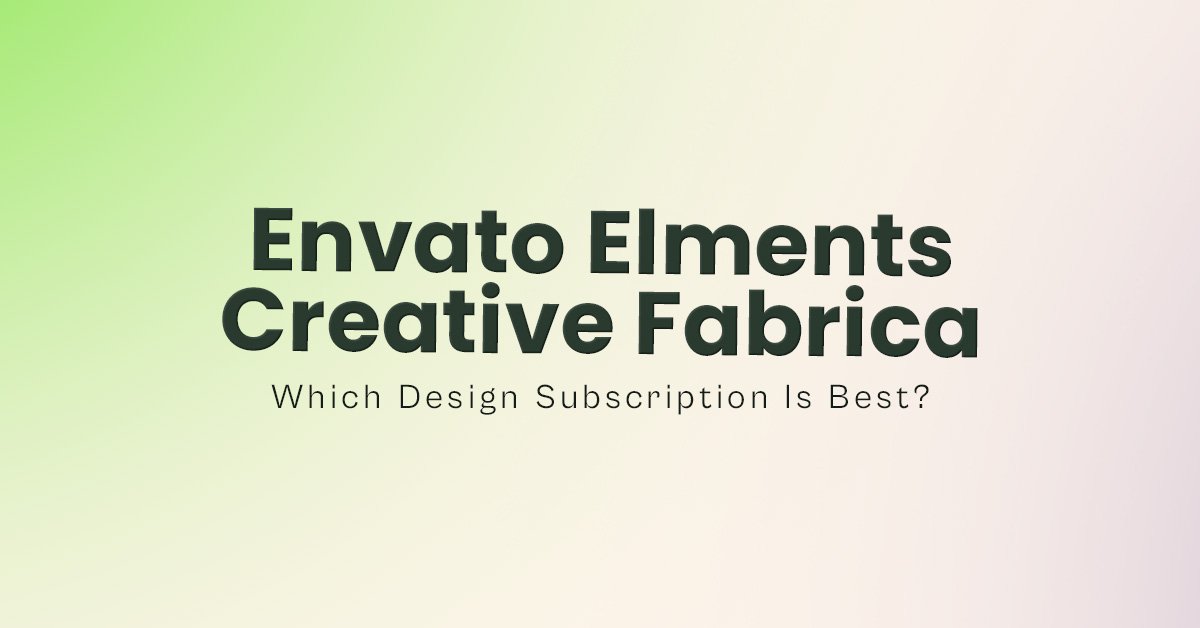In the world of e-commerce, it’s no secret that strong visual appeal plays a major role in attracting and converting customers. One powerful way to enhance your product presentation is by using stunning product mockups. Product mockups are digital representations of your products that give customers a realistic view of what they will receive. In this blog, we’ll explore how product mockups can help boost online sales by improving customer perception, increasing trust, and providing an overall better shopping experience.
Why Product Mockups Matter
Product mockups allow customers to visualize what they’re buying before making a decision. This is essential in the online shopping experience, where consumers cannot physically touch or interact with the product. High-quality mockups serve as a realistic depiction of the product, making it feel tangible and relatable.
Here are a few reasons why product mockups are crucial for e-commerce stores:
- Creates a Professional Appearance: A polished and professionally presented product mockup can make your brand appear more credible. A high-quality product image can convey professionalism and inspire customer confidence.
- Builds Trust: When customers see clear, well-designed images of the product, they’re more likely to trust the seller. Transparency through product images is a significant factor in purchasing decisions.
Improves Shopping Experience: Mockups allow customers to see how a product fits into real-world scenarios, helping them understand its practical value. This makes it easier for them to make purchase decisions.
The Role of Product Mockups in Driving Sales
Using effective product mockups can have a direct impact on the sales and conversion rates of your online store. Here’s how:
1. Enhanced Product Perception
A high-quality mockup can elevate the perceived value of a product. When presented professionally, even simple products can appear more polished and desirable. This is particularly important when selling products that rely heavily on aesthetics, such as fashion, beauty items, or tech gadgets.
2. Faster Decision-Making
Customers are more likely to make a purchase when they have a clear visual understanding of what they are buying. By presenting products in context, mockups help potential buyers quickly decide whether or not the product suits their needs, preferences, or lifestyle.
3. Demonstrating Product Features
A product mockup gives you the opportunity to showcase a product’s key features visually. For example, if you’re selling a gadget, you can create a mockup showing how it fits in everyday life, highlighting its practical benefits and use cases. This is especially valuable for products that require an explanation of how they work or how they can be integrated into daily routines.
4. Uniformity Across Platforms
By using consistent mockup styles across various platforms—your website, social media, email marketing campaigns, and ads—you create a uniform brand experience. A cohesive aesthetic can build recognition and trust, making customers more likely to return for future purchases.
Choosing the Right Product Mockup Template
When selecting a product mockup, it’s important to choose templates that align with the brand identity and showcase the product accurately. Here are a few tips for selecting the best mockups:
- Resolution Matters: High-resolution mockups ensure your products look sharp and professional across different devices. Blurry or pixelated images can negatively affect the perceived quality of your products.
- Realism is Key: The more realistic your mockup, the better. Customers appreciate when the mockup accurately reflects the texture, color, and functionality of the product.
Customizability: The best mockups allow for easy customization so you can adjust the background, lighting, and positioning to suit your specific needs. Customization options make it easier to create mockups that match your branding and marketing materials.
How to Integrate Product Mockups into Your E-commerce Strategy
Once you’ve created stunning product mockups, it’s essential to use them effectively in your sales strategy. Here are some ways to integrate mockups into your e-commerce store:
- Feature Mockups on Product Pages: Including mockups on your product pages can help potential customers get a better sense of what they’re buying. Instead of showing just a plain photo, mockups can give context and enhance the shopping experience.
- Social Media Marketing: Share mockups of your products on your social media channels. Eye-catching mockups can spark interest and drive traffic to your store.
- Email Campaigns: Use mockups in email campaigns to grab attention and encourage clicks. Product mockups in emails can boost engagement and drive conversions.
Paid Advertising: Use mockups in your digital ads to showcase your products in a polished and professional way. High-quality mockups can make your ads stand out from the competition.
Optimizing Your Mockups for Better Results
To ensure that your product mockups have the desired impact on your sales, consider the following optimization tips:
- High-Quality Photography: If your mockup features real products, ensure that the photography quality is top-notch. Poor photography can undermine the effectiveness of a good mockup.
- Multiple Angles: Use mockups that show your product from different perspectives. This helps customers gain a more comprehensive understanding of the product and makes them feel more confident in their purchase.
Responsive Design: Ensure your mockups look good on all devices, including mobile phones and tablets. A mockup that’s optimized for different screen sizes can improve the customer experience across various platforms.
Final Thoughts
Product mockups are an essential tool for any online store. They provide customers with a realistic view of your products, build trust, and enhance the overall shopping experience. Whether you’re selling fashion, tech gadgets, or beauty products, mockups help improve the way your products are perceived by potential customers.
By choosing the right mockup templates and integrating them effectively into your e-commerce strategy, you can boost customer engagement, increase sales, and create a cohesive brand presence. If you’re looking for high-quality templates, there are numerous resources available online that offer a variety of product mockups to suit different industries, such as:
- Creative Fabrica – Offers a wide range of design assets, including mockups, with affordable pricing and a subscription model.
- Freepik – Provides both free and premium mockup templates, perfect for enhancing product listings.
- Envato Elements – A subscription-based service offering unlimited downloads of high-quality mockups, graphics, and other design assets.
- Creative Market – A platform featuring unique and creative mockups from independent designers, ideal for standing out in your niche.
Incorporating these mockups into your online store and marketing strategy will enhance the overall look and feel of your e-commerce site, ultimately driving sales and customer loyalty.
Frequently Asked Questions
1. What are product mockups and why are they important for online sales?
Product mockups are realistic visual representations of a product, often displayed in a digital scene. They help customers visualize the final product, improving trust and increasing the likelihood of purchase—especially in online stores where physical interaction isn’t possible.
2. How can I create high-quality product mockups without graphic design experience?
There are many user-friendly mockup templates available on platforms like Creative Fabrica, Freepik, and Creative Market. These templates are easy to customize using software like Photoshop, allowing even non-designers to create professional product visuals.
3. Where can I find mockup templates to use for my online store?
You can explore a variety of mockup resources across the web. Popular choices include Creative Fabrica, Freepik, Envato Elements, and Creative Market. These platforms offer templates for apparel, packaging, tech, and more—suitable for various industries and product types.





